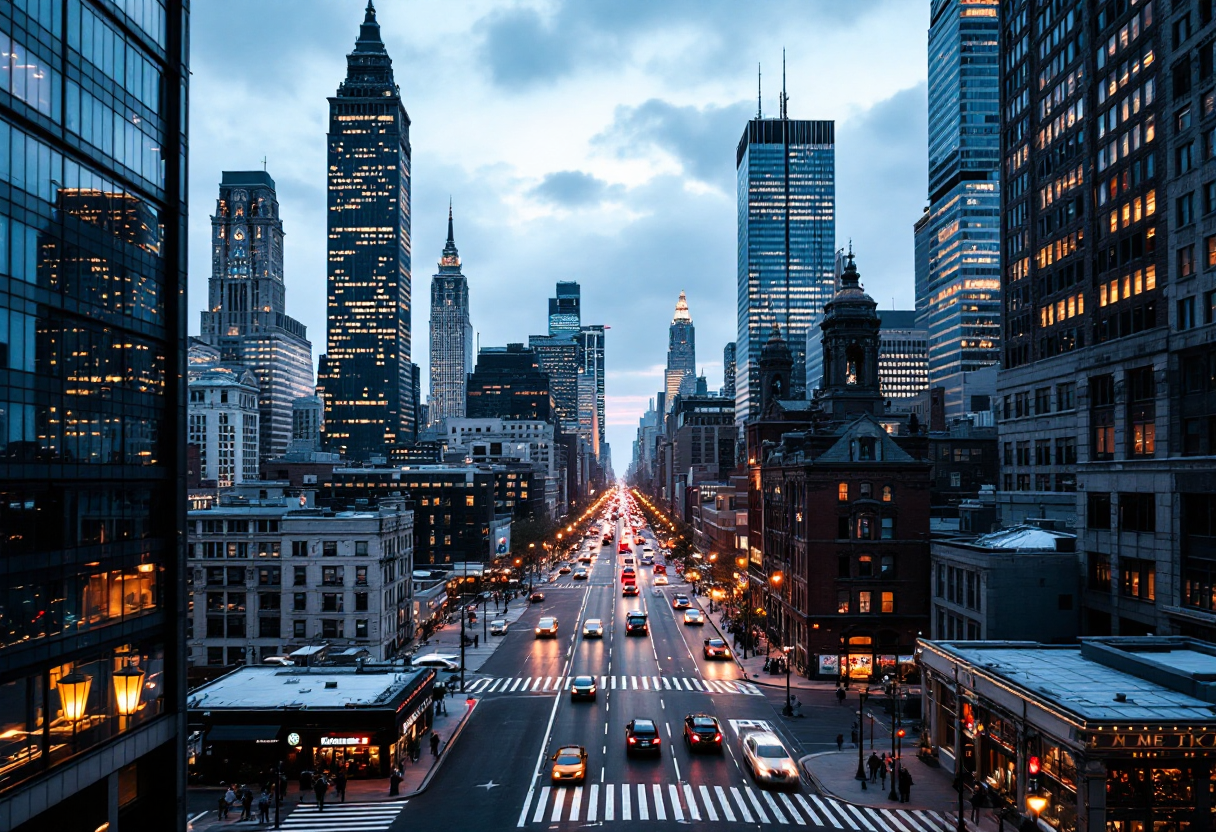Table of Contents
Understanding the New Political Climate
The political landscape in American cities is undergoing a significant transformation, particularly in the wake of the recent election of Donald Trump. For years, Democratic mayors in traditionally blue cities have enjoyed a comfortable grip on power, often relying on their opposition to Trump and his policies to maintain their positions.
However, recent electoral outcomes suggest that this dynamic is shifting. Voters are increasingly concerned about local issues such as crime and immigration, which could spell trouble for mayors who fail to adapt to these changing sentiments.
Sanctuary Cities and the Backlash
Sanctuary cities, which have long been a hallmark of progressive governance, are now facing backlash from constituents who are frustrated with rising crime rates and the perceived failure to manage immigration effectively. In cities like San Francisco and Oakland, voters have expressed their discontent by ousting mayors who were once seen as progressive champions.
This trend indicates a growing awareness among voters that the quality of life in their cities is deteriorating, leading to a reevaluation of the policies that have been in place.
The Role of Mayors in Addressing Public Concerns
Mayors like Mike Johnston of Denver are now finding themselves at a crossroads.
Johnston has publicly vowed to resist Trump’s immigration policies, labeling them as “immoral” and “un-American.” However, this stance may not resonate with voters who are increasingly concerned about safety and security in their neighborhoods. As cities grapple with the influx of migrants and the challenges that come with it, mayors must strike a balance between progressive ideals and the pressing needs of their constituents.
The reality is that many residents are looking for solutions that prioritize their safety and well-being over political posturing.
Public Sentiment and the Future of Urban Governance
The recent electoral shifts highlight a crucial lesson for Democratic mayors: ignoring public sentiment can lead to political peril.
Voters in cities like Denver are witnessing the impact of unchecked immigration and rising crime firsthand. As they see their neighborhoods change, they are demanding action from their leaders. Mayors who fail to recognize this fundamental shift risk facing the same fate as their predecessors who were ousted. The challenge now is for these leaders to engage with their communities, understand their concerns, and implement policies that reflect the changing priorities of their constituents.





